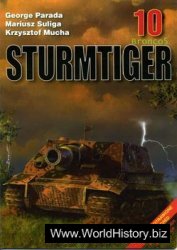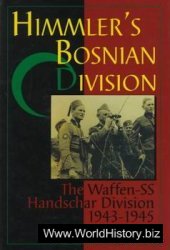Chen Bijun; Wang Jingwei’s wife, and also a significant figure in the ‘peace movement’ that ultimately led to collaboration with Japan.
Chiang Kai-shek: Leader of China’s Nationalist Party from 1926 to his death in 1975. Chiang was China’s leader during its war against Japan from 1937 to 1945.
Winston S. Churchill: British Prime Ministei; 1940-45,1951-5.
Archibald Clark-Kerr: British Ambassador in China, 1938-42.
Dai Li: Chiang Kai-shek’s security chief, who used torture and intimidation against enemies of the government, in particular the Communists.
Clarence Gauss: US Ambassador in China, 1941-4.
He Yingqin: Minister of War in the National Government.
Hirota Kold: Japanese Foreign Minister, 1937-8.
Patrick Hurley: US Ambassador in China, 1944-5.
Nelson T. Johnson: US Ambassador in China, 1929-41.
Konoye Fumimaro: Japanese Prime Minister, 1937-9,1940-41.
Long Yun: Canny Yi (Lolo) militarist who ruled Yunnan province in southwest China for much of the wartime period, and maintained a wary relationship with Chiang Kai-shek.
Mao Zedong: Leader of China’s Communist Party, 1943-76. Mao achieved paramount power during the war years, sidelining and eliminating rivals, and preparing his party for its ultimate victory against Chiang Kai-shek’s Nationalists in 1949.
George C. Marshall: Chief of Staff of the United States Army, 1939-45.
Matsui Iwane: Japanese commander who took Nanjing in 1937 and was in overall charge of Japanese troops during the massacre of 1937-8.
Song Meiling: Chiang Kai-shek’s wife and a powerful political figure in her own right in the Nationalist Government. She spoke fluent English and was Chiang’s channel to the Americans.
Lord Louis Mountbatten: Supreme Commander, Southeast Asia Command, 1943-6, who clashed frequently with General Stilwell.
Franklin D. Roosevelt: President of the United States, 1933-45.
T. V. Soong (Song Ziwen); Chiang’s brother-in-law, Foreign Minister for a period, and a relatively liberal figure within the Nationalist Party.
Josef V. Stalin: General Secretary of the Communist Party of the Soviet Union, 1922-53.
Joseph W. Stilwell: ‘Vinegar Joe’, the American general sent as Chiang Kai-shek’s chief of staff after Pearl Harbor, who quickly fell out with his commander.
Sun Yat-sen: Tireless revolutionary and briefly President of China, 1912, shut out of power after the overthrow of the emperor in 1912 as military leaders undermined the new Republic.
Tojo Hideki: Japanese Prime Minister; 1941-4.
Wang Jingwei: Joined the Nationalist revolution early and was a close ally of Sun Yat-sen. Wang achieved high political office but little real power under Chiang, and defected to form a collaborationist government under the Japanese in 1938, based in Nanjing.
Zhou Enlai: Senior figure in the Communist movement who served as Mao’s representative in Chongqing for much of the war.
Zhou Fohai: Nationalist government official who would become close to Wang Jingwei and eventually help him to defect to Japan.




 World History
World History









